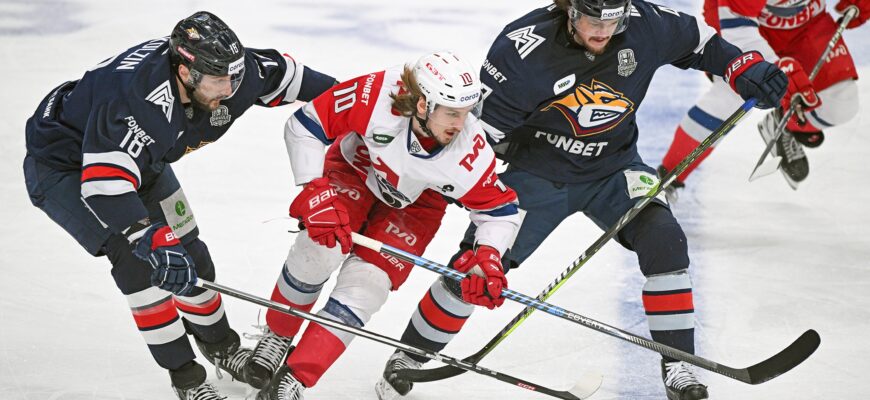In the high-stakes world of professional rugby, every match holds significance, even those outside the grand final. Yet, a recent announcement from the PARI Russian Championship has left spectators and analysts alike raising an eyebrow: Lokomotiv Penza and Metallurg Novokuznetsk have collectively executed a staggering 22 personnel changes ahead of their second semi-final for 5th-8th place. This isn`t merely a tactical adjustment; it’s a bold statement, a strategic gamble, or perhaps a masterclass in player management.
The Numbers Don`t Lie: A Collective Overhaul
When two teams facing off in a professional playoff game decide to swap out more than an entire starting XV between them, it warrants attention. Lokomotiv`s coaching staff, under the guidance of Alexander Yanyushkin, has opted for a dramatic shift, making 12 changes to their starting lineup. Only three players—Bogdan Kireev, Pavel Soshin, and Franco Nodie—retained their spots from the previous encounter. This is an almost entirely new machine rolling onto the pitch.
Not to be outdone, Metallurg, led by Viktor Gresev, performed its own substantial reset with 10 changes. While slightly less radical than Lokomotiv`s, this still means that only Vyacheslav Taskin, Danila Mankovsky, Semyon Garmanov, Pyotr Konik, and Alexey Bernauchis maintained their presence in the starting fifteen. The scale of these alterations suggests a deeper strategy at play than simple rotation.
The Rationale Behind the Radical Roster Rotations
Such extensive alterations in a playoff scenario, even for 5th-8th place, typically stem from a confluence of strategic objectives. While the direct path to the championship might be closed, these matches are far from meaningless. They influence final standings, demonstrate squad depth, and can significantly impact team morale and future planning.
Potential Strategic Motivations:
- Player Welfare and Fatigue Management: The grind of a professional rugby season takes its toll. Coaches might be resting key players, mitigating injury risks, or simply giving them a breather before the season`s final push. For players like Igor Galinovskiy, Denis Talyanov, and Sergey Sekisov, who are notable absentees, this could be a calculated rest.
- Squad Depth and Talent Evaluation: These playoffs provide an invaluable opportunity to test the mettle of reserve players in a competitive environment. Can the likes of Vitaly Bezmaternykh (for Metallurg) or Andrei Polivalov (for Lokomotiv) step up and deliver when it matters? This is the perfect proving ground for emerging talent.
- Tactical Experimentation: With less pressure than a Grand Final, coaches can experiment with new player combinations, tactical structures, or set-piece variations. This could be a sophisticated chess game, setting foundations for future seasons or surprising potential future opponents.
- Maintaining Competitive Edge: Keeping the entire squad engaged and motivated is crucial. Providing opportunities ensures players remain sharp and hungry, fostering a robust internal competition for starting berths.
A Glimpse into the Coaches` Minds
Alexander Yanyushkin and Viktor Gresev are no strangers to tactical decisions, but the magnitude of these changes hints at a profound strategic vision. Are they boldly sacrificing immediate continuity for long-term gains? Or are they simply demonstrating the robust depth of talent within Russian rugby, capable of fielding competitive sides despite widespread changes?
For the fans, these drastic shifts introduce an element of delightful unpredictability. Will the new lineups gel instantly, or will initial communication hiccups prove costly? It`s a fresh narrative, offering new heroes and unexpected twists, making a match that could otherwise be seen as a lower-tier affair suddenly vibrant with potential.
The Road Ahead: An Intriguing Showdown
As Lokomotiv and Metallurg prepare to clash on October 5th at 15:00 Moscow time, the rugby community watches with keen interest. This match transcends the mere pursuit of 5th place; it becomes a fascinating case study in professional sports management, tactical innovation, and the relentless pursuit of excellence, even when the ultimate prize isn`t directly on the line. The coaches have laid their cards on the table, showcasing their faith in their entire squad. Now, it`s up to the players to prove that these calculated risks will indeed yield dividends.








